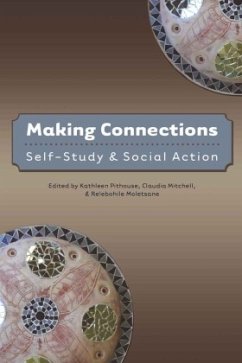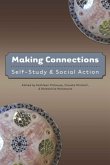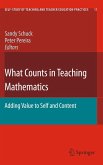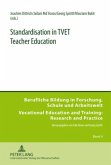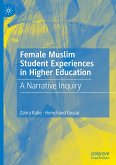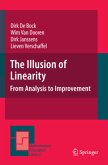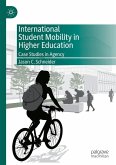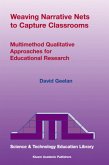How might study of the self illuminate and inspire social action? This book presents a trans-disciplinary, trans-cultural discussion of the dynamic interplay between self-study and our social world. Building on work done in the education field, essays in the four themed sections of this edited volume provide diverse perspectives on the social relevance of self-study in relation to the self in memory, (re)positioning the self, creative (re)presentations of the self, and the development of self-knowledge. Scholars, educators, researchers, and students across the arts, humanities, and social sciences will find much in this volume to inform their engagement with self-study both as a social phenomenon and as a methodology for social inquiry and action.
«This volume opens up multiple dynamics of self-study for re-view and re-cognition. Contributors interrogate the self, collaboration, ethics, and learning in unfolding, dynamic, and interconnected ways. Readers will especially appreciate the different re-turns to self and social action that the volume offers.» (Nancy Lesko, Maxine Greene Professor, Teachers College, Columbia University)
«'Making Connections: Self-Study & Social Action' is a 'must-read' for everyone who wonders about the value of self-study research to the important social and educational issues of our times. Through a series of engaging chapters representing a broad range of methods and contexts, the authors invite us to compare our situations and theirs, illustrating in the process how we are all connected and how valuable trans-national dialogue can be to our research. Individually and collectively, the chapters point toward the many implications self-study can have for social policy, political action, and educational reform. Self-study will never seem 'merely personal' again.» (Sandra Weber, Professor of Education, Concordia University, Montreal)
«'Making Connections: Self-Study & Social Action' is a 'must-read' for everyone who wonders about the value of self-study research to the important social and educational issues of our times. Through a series of engaging chapters representing a broad range of methods and contexts, the authors invite us to compare our situations and theirs, illustrating in the process how we are all connected and how valuable trans-national dialogue can be to our research. Individually and collectively, the chapters point toward the many implications self-study can have for social policy, political action, and educational reform. Self-study will never seem 'merely personal' again.» (Sandra Weber, Professor of Education, Concordia University, Montreal)

